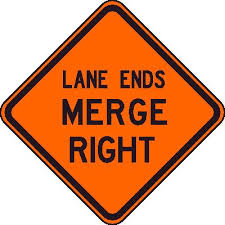 Your broadband service may get a data cap if the $45 billion bid from Comcast for Time Warner Cable clears regulatory approval. Stacey Higginbotham of Gigaom claimed in April 2014:
Your broadband service may get a data cap if the $45 billion bid from Comcast for Time Warner Cable clears regulatory approval. Stacey Higginbotham of Gigaom claimed in April 2014:
If we add Time Warner Cable’s 11.6 million broadband subscribers from the end of 2013 into the mix of customers with caps, the total percentage of U.S. homes that have some type of cap or other limit on downloads rises to 78 percent up from 64 percent today.
Although data caps on fixed broadband do not typically impact more than 2% of subscribers, this trend is another attempt by the larger ISPs to move toward a consumption based model to squeeze more revenue out of you, much like your power and water utility bills. All the while, these same providers resist any move by the FCC to regulate broadband as a telecommunications service.
When it comes to data caps, Verizon Wireless subscribers with an “unlimited data plan” cannot really enjoy the lack of a data cap starting October 1, 2014, when their performance will be slowed down under some conditions. This is driving some subscribers to switch from Verizon Wireless to other mobile carriers.
Comcast is also at the forefront of the net neutrality debate, where Netflix is accusing Comcast of extorting money from content providers to ensure standard delivery to their broadband subscribers. This precendent by Comcast and Netflix could lead to increases in costs to content providers, which will end up costing subscribers more money… money that will go to Comcast and other carriers.
Customer satisfaction will also likely suffer at a merged Comcast and Time Warner Cable if approved (see the post on recent customer satisfaction ratings). Mergers in the service industry do not typically lead to improvements in customer service. New York’s Public Service Commission has delayed their vote on approving the merger citing concerns from state residents on poor customer service. “Prices for both Time Warner and Comcast services have been steadily increasing over the years for bundled services that many customers neither need nor want,” Erin Hogan, New York’s Utility Intervention Unit’s Director wrote. “The attempts that customers have made to communicate their service problems to the companies have been largely ineffective…” No doubt, New York will want higher standards for customer service and stiffer penalties for non-compliance if the merger is approved.
Leigh Sandy is the founder of Extra Mile Fiber and has been building and operating networks connected to the Internet since 1995.
